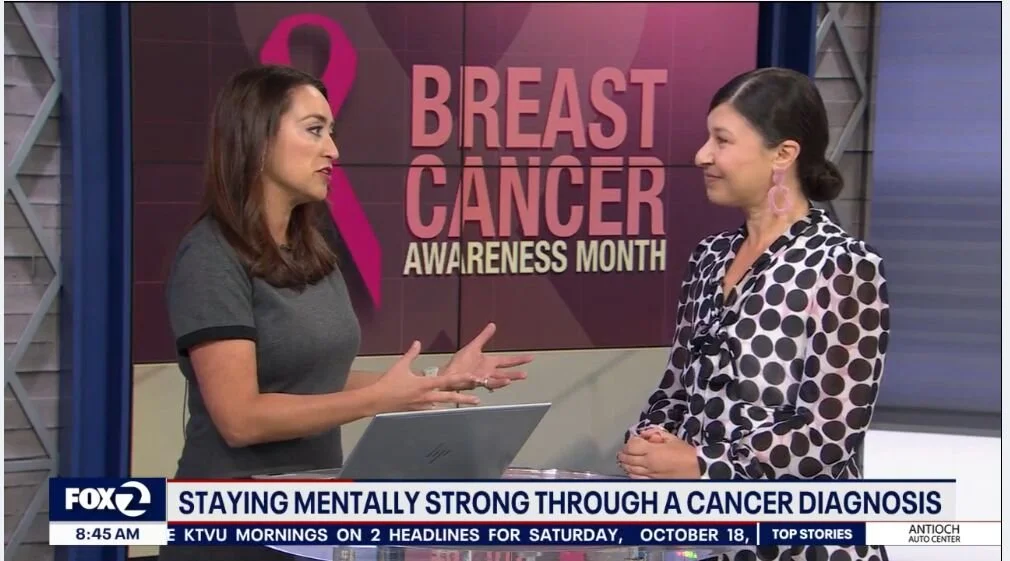Your Voice Is The Most Powerful Data in The Room
Lab results matter. Scans matter. But the most important data point in any treatment plan is you.
Your voice holds your symptoms, your story, your lived experience. When you learn to trust your body and speak your truth, you give your care team the information they need to truly treat you—not just your diagnosis.
In 2021, while working as a communications executive supporting healthcare companies, I began a four-year journey with cancer that eventually progressed to Stage 4 metastatic breast cancer. Even with my professional experience translating complex medical information, I quickly realized that patient advocacy isn’t something you wait to do—it’s something you embody from the start. It means speaking up about how your body feels, asking the right questions, and building a treatment team that listens, respects, and responds to your lived experience. By using my voice, trusting my intuition, and assembling the right support, I didn’t just participate in my care—I reclaimed my life.
Sahar Paz: Thriving Beyond Breast Cancer
-
For Patients
You deserve to feel seen, heard, and fully involved in your care. As your advocate, I help you:
- Prepare for appointments with clarity and confidence
- Ask the questions that matter
- Understand your treatment options
- Tune into your body’s wisdom alongside clinical data
- Build a care team that honors your voice
Your intuition belongs in the treatment room.
-
Healthcare Professionals
You have the science. Now let’s bring in the humanity. I work with clinicians, healthcare innovators, and diagnostic companies to:
- Strengthen patient-facing communication
- Build emotional intelligence within clinical conversations
- Co-create education and communication tools that help patients advocate for themselves
- Humanize diagnostics and therapeutics through storytelling and empathy
When patients feel heard, outcomes improve.



